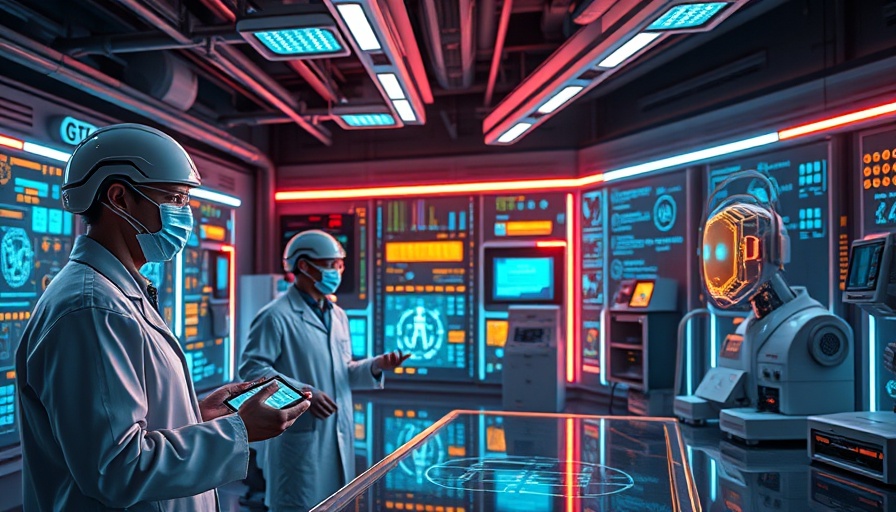
Understanding Cultural Perspectives on Artificial Intelligence
As technology continues to advance, the integration of artificial intelligence (AI) into daily life becomes more evident. A recent study conducted by researchers from LMU Munich and Waseda University highlights notable cultural differences in how societies interact with AI agents. In particular, the research shows that in Japan, people tend to treat robots and AI with greater respect compared to individuals from Western societies such as the United States.
The Study: Experimental Insights
In the study, participants from both Japan and the United States engaged in various game theory experiments exploring cooperation with artificial agents. The results were telling: Americans and Europeans were significantly more inclined to exploit cooperative machines, taking advantage of their programmed benevolence. In contrast, Japanese participants exhibited a consistent moral restraint, refraining from exploiting both human and artificial agents equally.
Why the Difference?
The key difference, according to lead author Dr. Jurgis Karpus, lies in the emotional responses of individuals in different cultures. Western participants tended to feel guilt regarding human exploitation but showed no remorse when it came to exploiting robots. This disparity raises interesting questions regarding our evolving relationship with technology. If there is a cultural inclination toward respect for AI, could this influence the speed and manner in which nations adopt fully autonomous technology?
Implications for the Future of AI
These findings suggest that cultural contexts will play a crucial role in shaping the future of automation. For example, Karpus posits that autonomous taxis may become commonplace in Japan much sooner than in cities like Berlin or New York. This difference is not just theoretical; the way people engage with AI could dictate the success of AI technologies in different regions around the world.
Real-World Applications
Take a moment to consider everyday scenarios involving AI—such as autonomous delivery drones or self-driving cars. How would you react if a self-driving grocery delivery vehicle attempted to navigate through a busy intersection? The Japanese might exhibit patience and a willingness to share the road, while a more typical reaction in Western societies might lean toward assertive traffic norms, often overlooking the presence of autonomous vehicles altogether.
What This Means for Technological Advancements
As societies adjust to increased engagement with AI, understanding these cultural nuances becomes paramount for technologists and policymakers. Innovations must account not just for technological capabilities but also for human attitudes and behaviors towards these machines. Recognizing the ethical dimensions embedded within our interactions with AI will ultimately drive future developments in robotics and intelligent systems.
Convergence of Ethics and Technology
Therefore, the approach to AI should go beyond the technical—it must embrace the ethical implications of how we interact with these agents. As engineers and developers create more sophisticated AI systems, they must consider how cultural attitudes can influence the reception and functionality of these technologies.
In conclusion, as artificial intelligence continues to entwine with daily life, the different cultural attitudes towards technology will necessitate a reevaluation of both design and implementation strategies. Understanding these perspectives not only enhances technological adoption but also ensures a more ethically responsible future for automated technologies.
 Add Row
Add Row  Add
Add 




Write A Comment